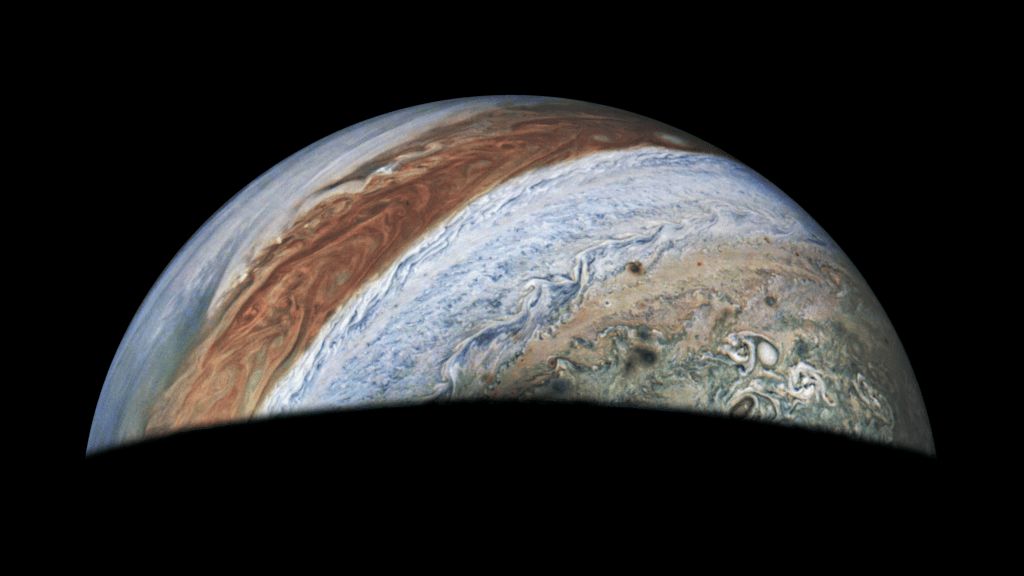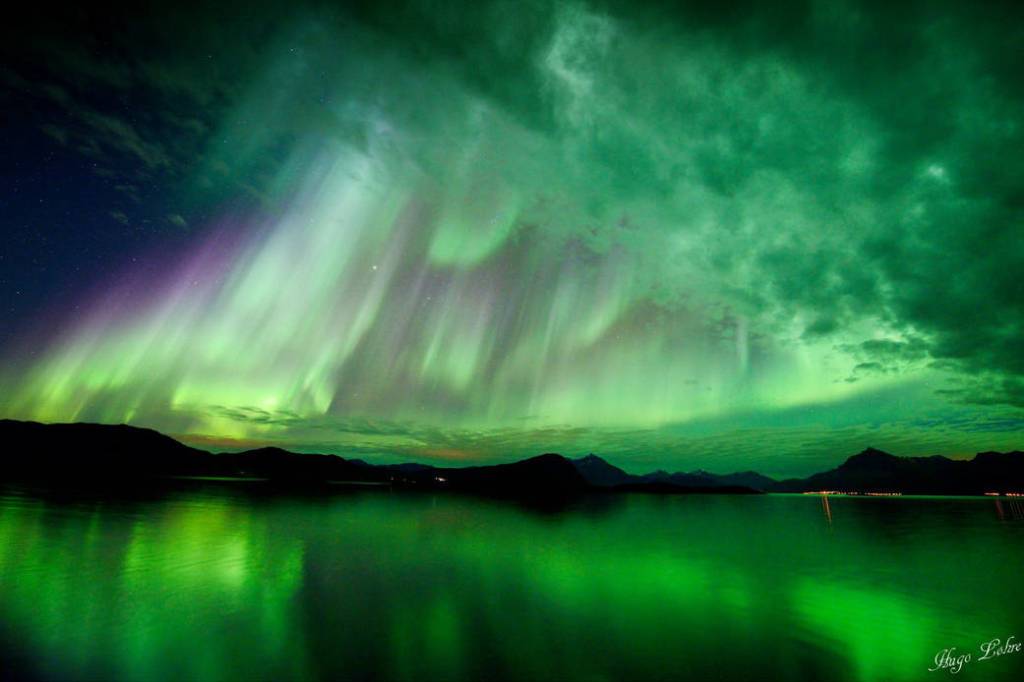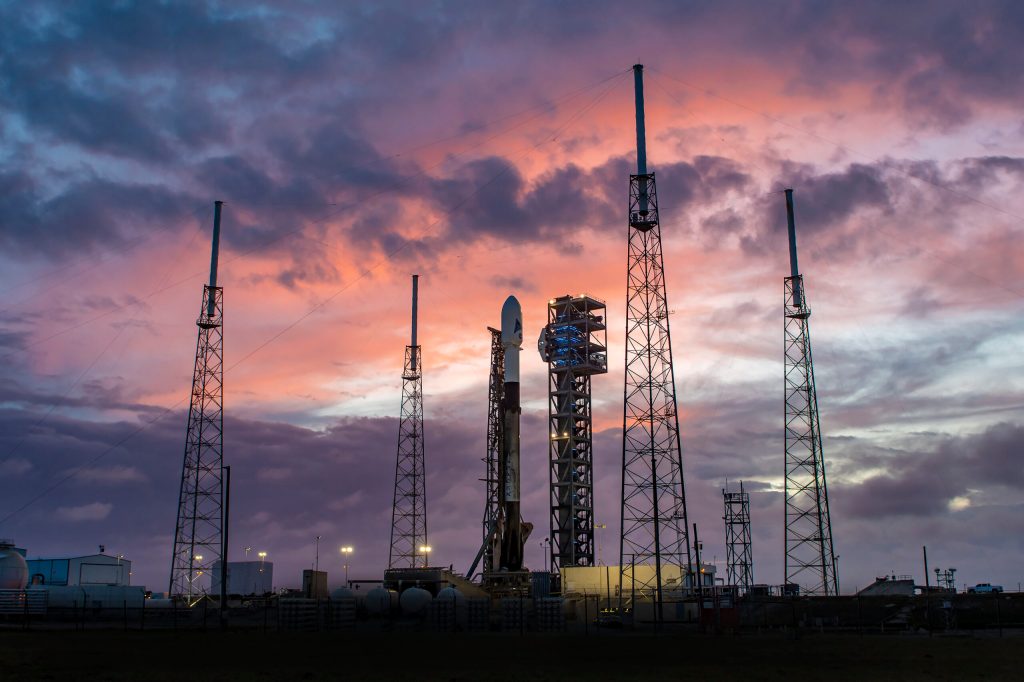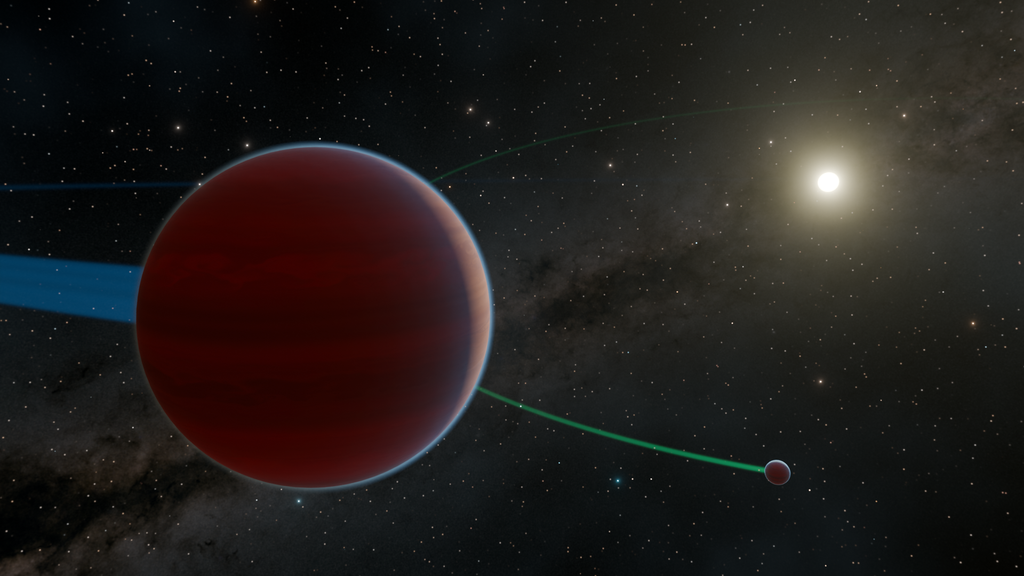


Earth and Planetary Cloud Workshop 2025
The Earth and planetary cloud and aerosol community holds an annual workshop (by invitation only) to bridge JPL/Caltech expertise with Earth and planetary aerosol communities.
Location
Caltech, Pasadena, California, USA
Workshop Date
June 23-25, 2025
Abstract Deadline (Extended)
May 30, 2025
Registration Deadline
Monday, June 2, 2025
About
This workshop will bring together experts, researchers, and technologists from the Earth and Planetary Sciences communities to create a collaborative platform to discuss and advance our understanding of Clouds and Aerosols. Focusing on cutting-edge modeling techniques, innovative experimental facilities, and the latest technologies for both remote and in-situ measurements, the workshop aims to foster dialogue and development within the field.
Participants will explore how cloud and aerosol dynamics contribute to enriching our knowledge of atmospheric processes that shape planetary environments. This exchange will not only bridge research gaps between Earth and Planetary Aerosol Science but will also provide foundational insights relevant to future planetary missions. By integrating perspectives and methodologies across disciplines, the workshop will deepen our understanding of cloud formation and evolution, ultimately shedding light on the broader processes of planetary formation across our solar system and beyond.
This workshop is by invitation only, to receive an invitation you must first contact the Workshop Team to describe your interest in this workshop:
Goal/Objective
The primary goal of this workshop is to unite Earth and Planetary Scientists focused on Cloud and Aerosol research, fostering a collaborative environment where diverse scientific groups can connect and work together. By bringing together experts from these fields, the workshop aims to build interdisciplinary collaborations that leverage shared knowledge, expand technical expertise, and advance the study of Clouds and Aerosols.
Announcement
- Date: June 23-25, 2025
- Location: Caltech, Pasadena, California, USA
- PCARF Tour: June 26, 2025
- Registration period: January 6-June 2, 2025
- NO REGISTRATION FEE
- Call for Abstracts: December 2, 2024
- Abstract and Travel Support Deadline: May 30, 2025
- Early career researchers and students are encouraged to participate!
Workshop Agenda
Chen 130, Caltech, June 23-25, 2025
| Monday, 6/23/2025 | Theme: Cloud Science Accomplishments and Future Direction |
|---|---|
| Presentations/posters on: 1. Recent accomplishments in planetary cloud/aerosol investigations through modeling, remote observations, or experimental methods. 2. Expectations of future missions to Venus, Titan, Mars, Uranus that may include aerosol and cloud investigations, goals, and objectives. | |
| 8:00 AM | Interaction between virtual and in-person participants |
| 8:45 AM | Welcome/Introduction – Mike Pauken |
| 9:00 AM | Keynote Address – Speaker: Dr. Brian Toon (In-person), Laboratory for Atmospheric and Space Physics, University of Colorado, Boulder Planetary parallels: commonalities in planetary clouds |
| Planetary Cloud/Aerosol Focus Talks | Earth |
| 10:00 AM | 1. How big does a cloud chamber need to be (and why): The Aerosol Cloud Drizzle Convection Chamber (ACDC2), Will Cantrell (In-person) |
| 10:30 AM | 2. A Fully Unified Representation of Turbulence, Convection and Clouds in a Global Atmospheric Model, Joao Teixeira (In-person) |
| 11:00 AM | 3. Laser-based diagnostics for clouds in the Pi Convection-Cloud Chamber, Suryadev Singh (In-person) |
| 11:30 AM | Lunch Break |
| Planetary Cloud/Aerosol Focus Talks | Venus |
| 12:30 PM | 1. Bolide-induced Cloud Formation at Venus, Kevin McGouldrick (In-person) |
| 1:00 PM | 2. Volcanic Emission iNvestigation Utilizing Single-particle In-situ Automated Nephelometry (VENUSIAN), Chris Carr (In-person) |
| 1:30 PM | 3. First Results from the AFN Measurements during the VENUSIAN Mission, Darrel Baumgardner (Remote) |
| Planetary Cloud/Aerosol Focus Talks | Mars |
| 2:00 PM | 1. Mesospheric CO2-ice clouds on Mars: insights from the Mars Climate Sounder, Marek Slipski (In-person) |
| 2:30 PM | 2. Climate and weather patterns of mesospheric clouds on Mars, Ashwin Braude (In-person) |
| 3:00 PM | 3. Retrievals of CO2 Cloud Opacity Using Mars Climate Sounder Observations, Robert Stevens (In-person) |
| 3:30 PM | Afternoon Break |
| Planetary Cloud/Aerosol Focus Talks | Titan |
| 3:45 PM | 1. Simulating the Production of Ice Clouds in Titan’s Stratosphere using an Idealized Tracer Scheme in a Three-Dimensional General Circulation Model, Nicholas Lombardo (In-person) |
| Planetary Cloud/Aerosol Focus Talks | Gas Giants |
| 4:15 PM | 1. Optical constants of laboratory-produced analogs of the red chromophores in Jupiter’s atmosphere, Lora Jovanovic (In-person) |
| Planetary Cloud/Aerosol Focus Talks | Exoplanets |
| 4:45 PM | 1. Nanoparticle Surface Energy Measurements and Implications for Silicate Cloud Nucleation and Condensation in Hot Exoplanet Atmospheres, Megan Householder (In-person) |
| 6:30 PM | Early Career Mixer Event – Kings Row Pub, Old Town Pasadena |
| Tuesday, 6/24/2025 | Theme: How to Achieve Progress in Cloud Science |
|---|---|
| Presentations/posters on: 1. Developments in modeling techniques, instrumentation, laboratory investigations, or remote sensing techniques. 2. Needs for ground-based test facilities to support future planetary cloud/aerosol investigation related missions. Afternoon session: Discussion on how the PCARF can be used by the community to advance planetary cloud investigations. | |
| 8:00 AM | Interaction between virtual and in-person participants |
| 8:15 AM | Remote poster participants – lightning talks (Prepare 2-3 slides about their posters to present online) |
| Cloud / Aerosol Investigation Methods | Remote Sensing |
| 9:00 AM | 1. Optical and Geometrical Thickness of Clouds Using Space-Based High-Resolution Oxygen Absorption Spectroscopy: From Marine Strato-Cumulus to Tropical Cyclones, Anthony Davis (In-person) |
| 9:30 AM | 2. Using Machine Learning to Study Jupiter’s Colorful and Dynamic Atmosphere, Emma Dahl (In-person) |
| Cloud / Aerosol Investigation Methods | In Situ Measurements |
| 10:00 AM | 1. Investigation of the apparent anomalous cooling of soot during laser-induced incandescence, Stephen Robinson-Enebeli (In-person) |
| 10:30 AM | 2. Model-Based Estimation of Environmental Parameters in Indian Ports: A Non-Modeling, In Situ Approach, Chaitali Thali (Remote) |
| 11:00 AM | 3. Effect of Climate Forcing Parameters on Coastal Regions Due to Marine Aerosols: An In Situ Observation Study, Nandakumar S K (Remote) |
| 11:30 AM | Lunch Break |
| Cloud / Aerosol Investigation Methods | Modeling |
| 12:30 PM | 1. PlanetCARMA Chamber Mode: A Microphysics Model to Simulate PCARF Experiments, Erika Barth (In-person) |
| 1:00 PM | 2. 3D Modelling of Heterogeneous Chlorine Chemistry on Martian Atmospheric Aerosols, Paul Streeter (Remote) |
| 1:30 PM | 3. Artificial warming of Mars using manufactured aerosols: First step to a second biosphere on Mars? Ashwin Braude (In-person) |
| Cloud / Aerosol Investigation Methods | Laboratory Investigations |
| 2:00 PM | 1. Unveiling Contrasts in Mixed Black Carbon Aerosol Properties: Condensation vs. Coagulation, Cyprien Jourdain (In-person) |
| 2:30 PM | 2. Optical Constants of Pluto Aerosol Analogs and their Use to Investigate the origins of Pluto’s Dark Surface Materials, Ella Sciamma-O’Brien (In-person) |
| 3:00 PM | Afternoon Break |
| 3:15 PM | PCARF Chamber – Update (In-person) 1. Overview of the Planetary Cloud Chamber – Mike Pauken 2. PCARF Chamber Design – Luca Valdarno 3. PCARF Chemical Feed System – Marcel Veismann 4. Instrumentation Systems – Dejian Fu/Rahul Kushwaha 5. Computational Fluid Dynamics Study of Turbulent Rayleigh-Bénard Convection in Jovian Planets’ Gases for the Planetary Cloud Aerosol Research Facility, Ebenezer Ashimolowo |
| 4:30 PM | Research proposal development guidelines Form collaboration groups |
| 5:00 PM | Evening Poster Session 1. Reactive uptake of SO2 in H2SO4 droplets using a single particle levitation method under Venus- analogous conditions, Soma Ubukata (In-person) 2. Meteorological dynamics at Jezero Crater: a comparative study of perseverance rover data and Mars climate models during dust storm season, Manasa M J (Remote) 3. Satellite System Design and Algorithms for Targeted Cloud Measurements, Mary Dahl (In-person) 4. Measurement of Nanoparticle Volume and Density in the Aerosol Phase, Cyprien Jourdain (In-person) 5. Unveiling mars’ clouds: NASA’s remote sensing mission, Sreyas S S (Remote) 6. Investigation of the Radiative Impact and Transport of Martian Aerosols Using MarsWRF, Hartzel Gillespie (In-person) 7. Instrumentation for In-Situ Analysis of Venus Aerosol, Caroline Dang (Undecided) 8. Phytoplankton Biodiversity on the Georgian Black Sea Coast, Sophio Nikolaishvili (In-person) 9. Atmospheric Structure Investigation and NephEx 2.0: Planetary in situ measurements of clouds/aerosols, differential atmospheric pressure and temperature, Vandana Jha (In-person) 10. A Perspective on Using Cloud Microphysics to Interpret Exoplanet Spectra and Diagnose Climate, Victoria Hartwick (In-person) 11. The Extraterrestrial Stokes Number, Fred Brechtel (In-person) 12. Remote Sensing of Cloud Characteristics in the Indian Monsoon Region, Ramesh Penki (In-person) 13. Origin and Evolution of Ice Percolation, Saurabh Nath (In-person) |
| 6:30 PM | Workshop Dinner at Athenaeum, Caltech |
| Wednesday, 6/25/2025 | Theme: Path Forward |
|---|---|
| Break into small groups to discuss research proposals that would utilize PCARF and other facilities. Focus on connecting experimental investigations with numerical simulation, remote sensing, and instrument development. | |
| 8:00 AM | Interaction between virtual and in-person participants |
| 8:15 AM | In-person poster participants – lightning talks (Prepare 2-3 slides about your poster to present online) |
| 9:00 AM | Breakout Sessions for Path Forward 1. How can we address the questions raised in the decadal survey? 2. What kinds of research can we be conducted using the PCARF facility or other cloud chamber facilities? 3. What kind of instrument development is needed for future investigation of clouds and aerosols in planetary atmospheres including remote observations and in situ measurements? 4. Looking ahead to the next Decadal Survey, what are the important science questions related to planetary clouds and aerosols that we should be setting up with white papers? |
| 12:00 PM | Lunch Break |
| 1:00 PM | Breakout session debriefs, Q&A |
| 3:00 PM | Closing Remarks |
| 3:15 PM | Caltech Aerosol Lab Tour |


























